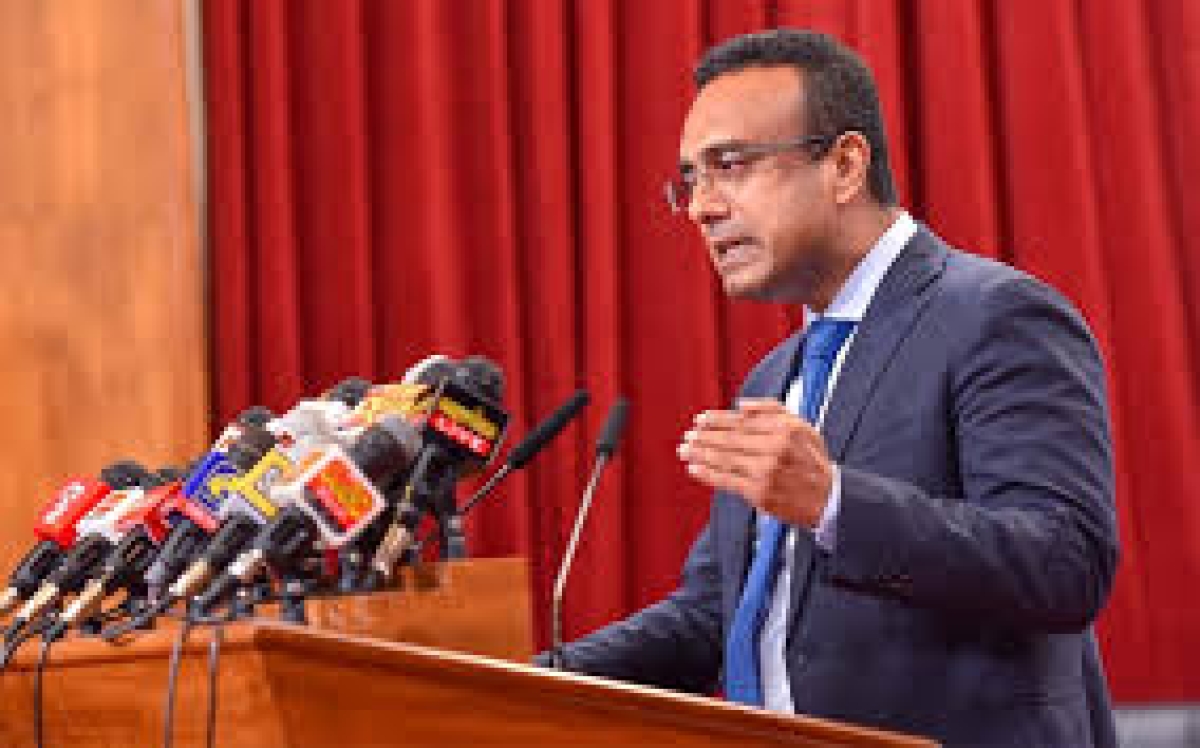In a groundbreaking move, Sri Lanka is contemplating the introduction of accreditation bodies for a wide array of professions, ranging from electricians to housemaids, three-wheel drivers, bus drivers, and beyond. The Ministry of Labour is spearheading this initiative, drawing inspiration from existing models such as the Bar Association for Lawyers.
Minister of Labour and Foreign Employment, Manusha Nanayakkara, announced the ambitious plan, emphasizing the need for every profession to have a dedicated professional association. Such bodies would serve as watchdogs for their respective industries, ensuring standards are upheld and practitioners receive due recognition. The proposed system would also involve the issuance of practitioner licenses through these accreditation bodies, becoming a prerequisite for engaging in business within a particular profession.
Minister Nanayakkara explained, "Every profession must have a professional association that watches out for them, and through which they can get recognition and a licensing system. So, to engage in business, a worker will need to have a practitioner license through their accreditation body."
While the proposal is bold in its vision to bring structure and standardization to various sectors, there are concerns about the practicality and feasibility of implementing such a comprehensive accreditation system. The sheer diversity of professions, each with its unique challenges and dynamics, presents a complex landscape for regulation.
Critics argue that implementing accreditation across all professions might be impractical due to the multitude of reasons, including the logistical challenges of managing and overseeing such a vast and diverse range of industries. Additionally, questions arise about the financial burden this could impose on professionals, especially those in lower-income sectors.










